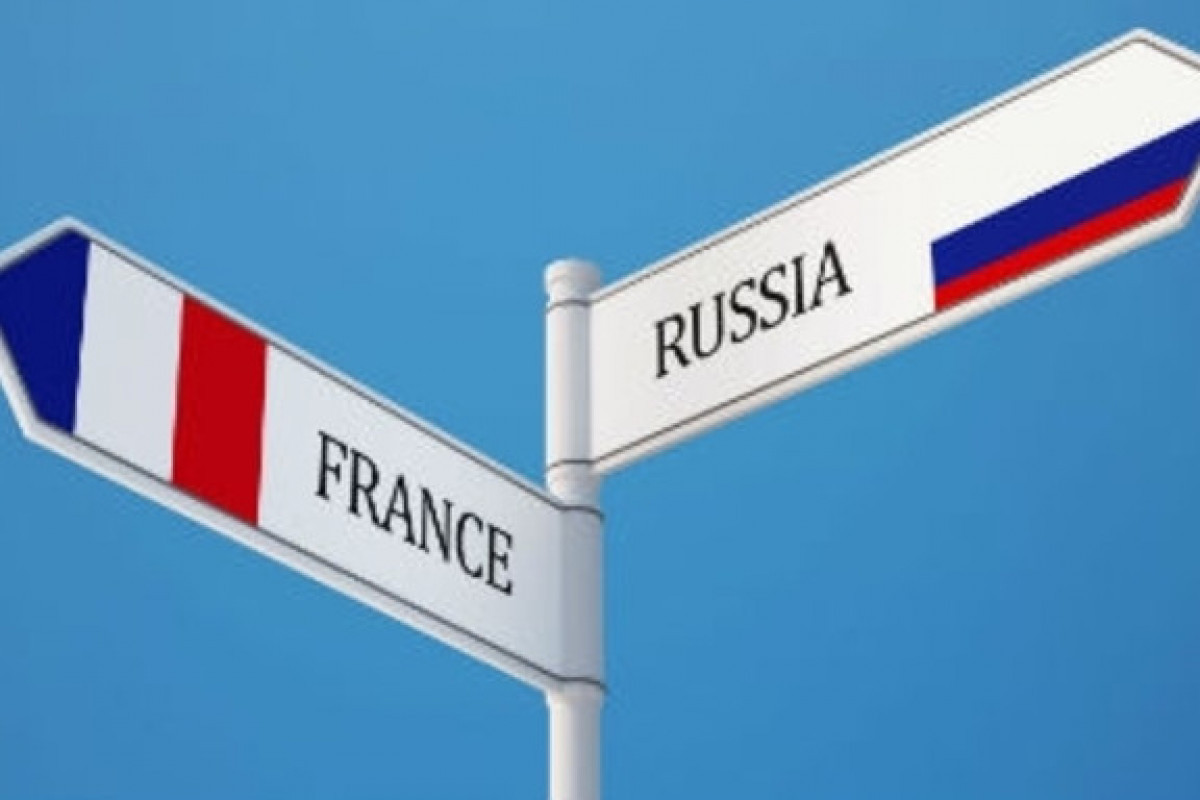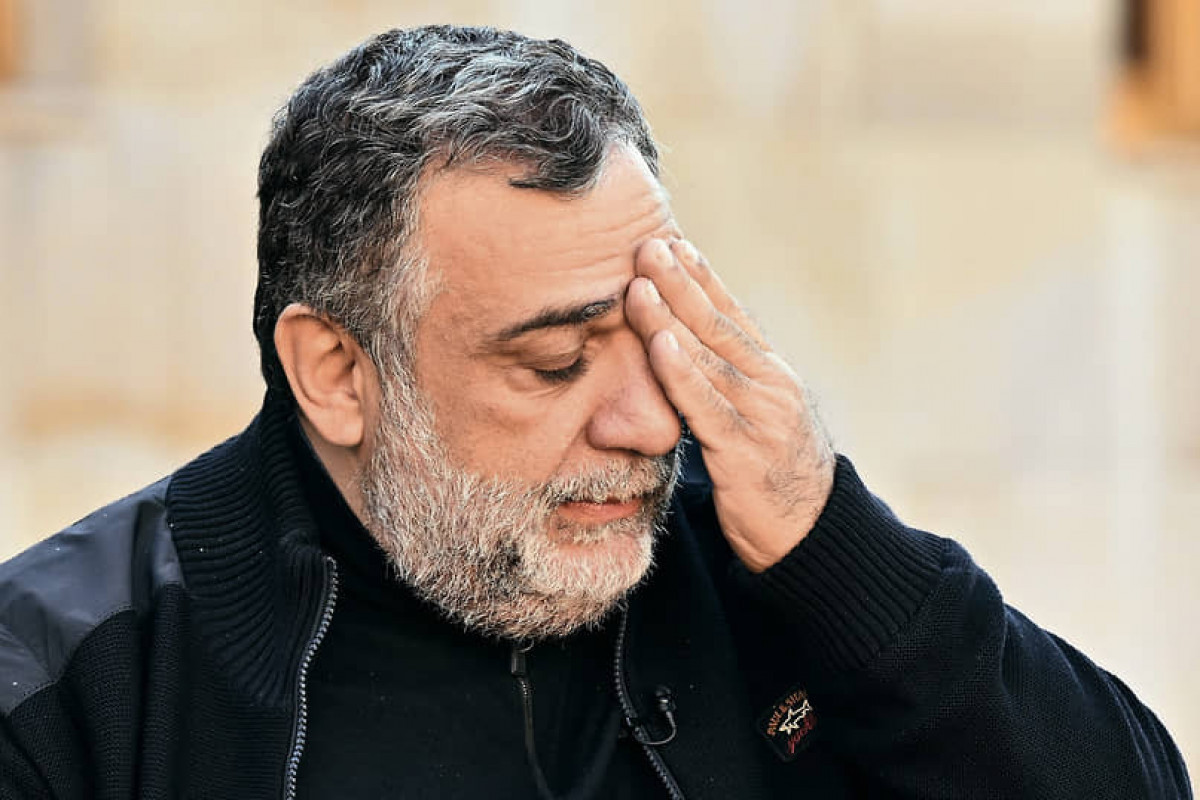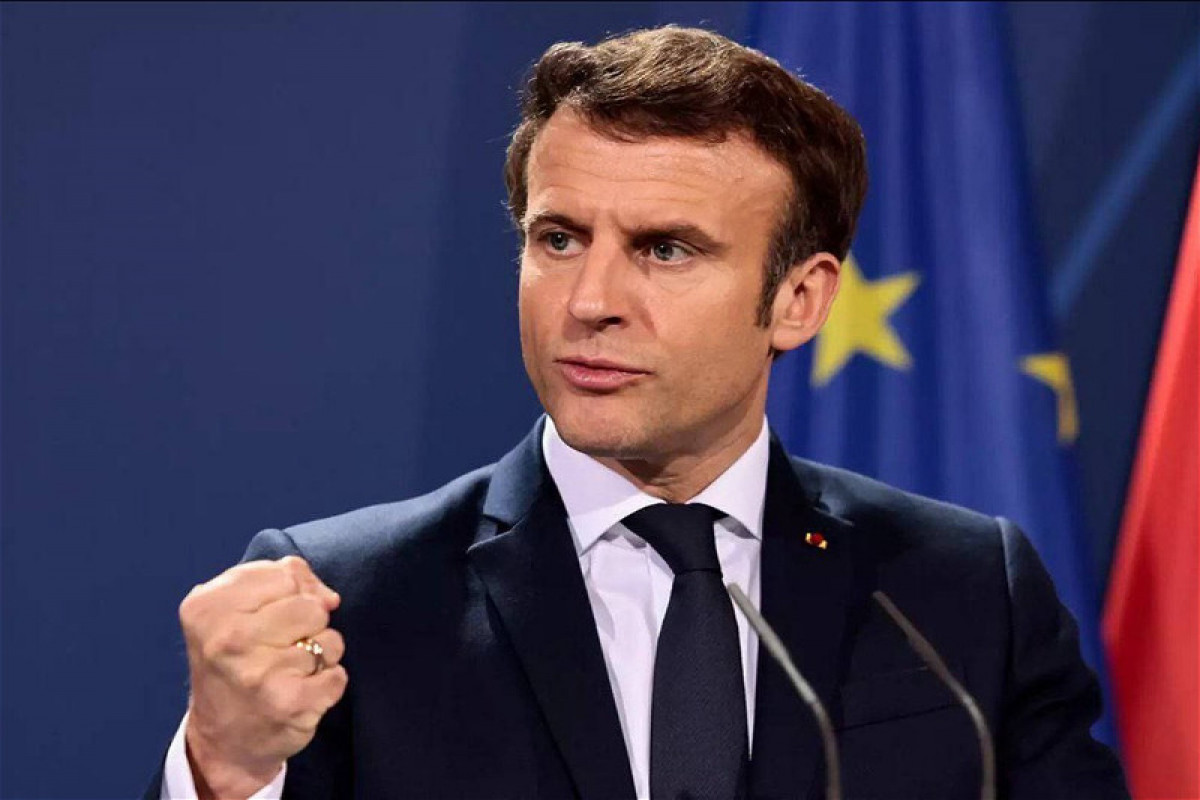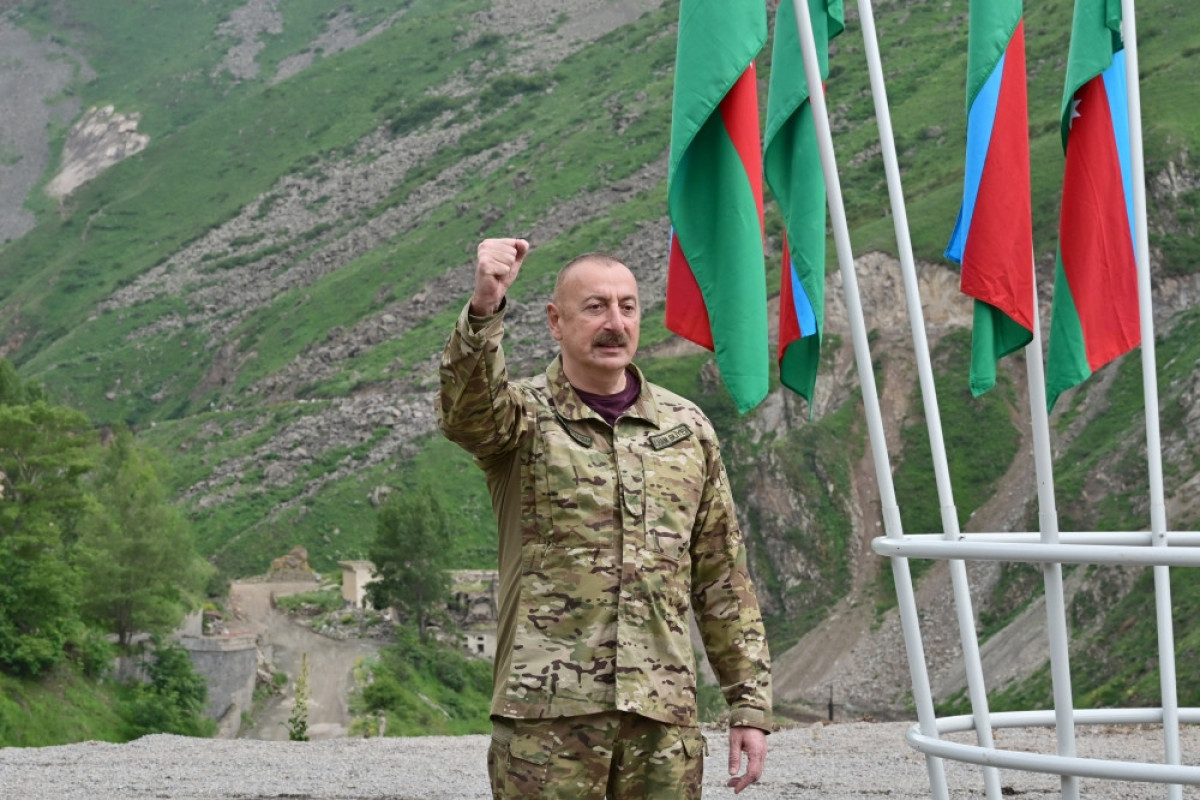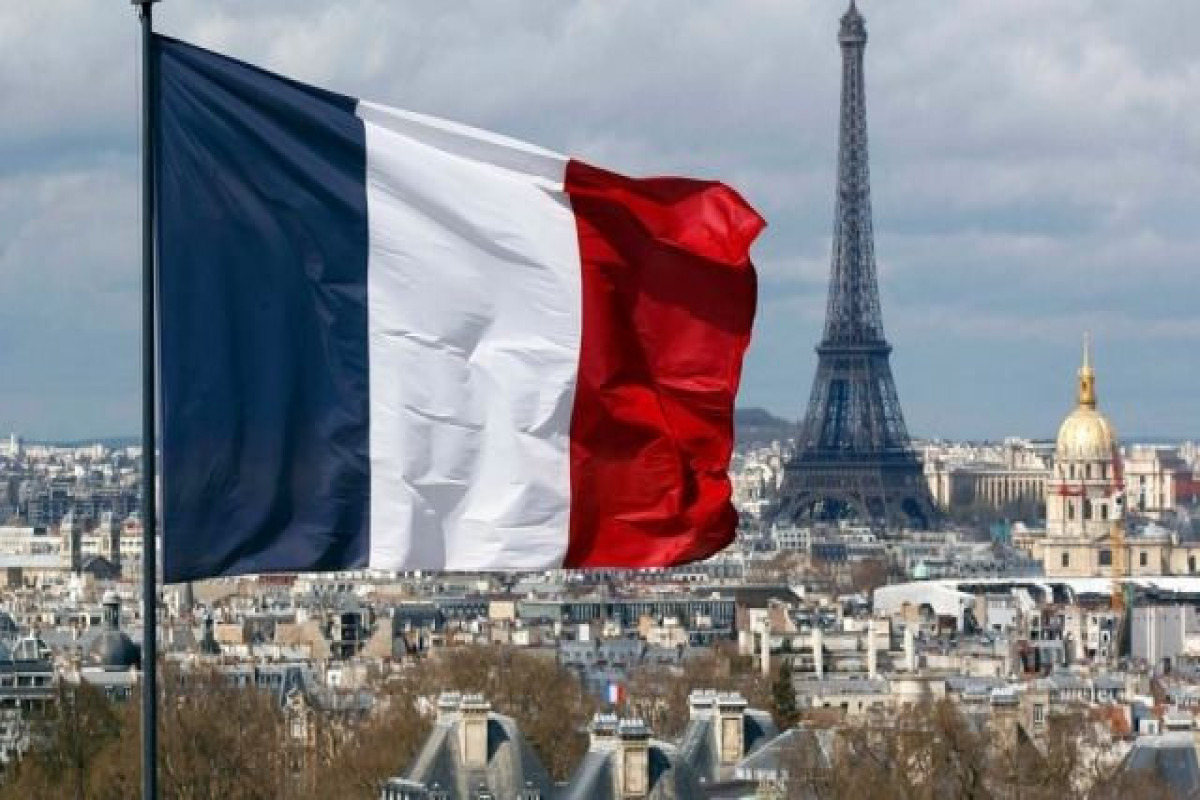The geopolitical map of the world is rapidly changing, with traditional spheres of influence of global powers gradually slipping from their grasp.
Russia's military intervention in Ukraine has caused significant upheavals in the international relations system, hastening the formation of a new world order. France, seeing these geopolitical shifts as favorable opportunities for its military, political, and economic ambitions, has set its sights on increasing its position and role in the international relations system. This competition primarily involves Russia and spans several directions. Essentially, it can be said that France has become the de facto main geopolitical rival of Russia.
Official Paris's proxy confrontation against Moscow is most actively conducted in the context of the Russia-Ukraine war. France utilizes this war to realize its geopolitical interests under the guise of the violation of international legal principles, create a military foothold in Ukraine, undermine Russia as a military power, and assert itself in the post-Soviet space of the Commonwealth of Independent States (CIS).
Official Paris adopts a contrasting approach to the European Union's agenda, positioning itself as the main beneficiary of the war calculated to lead to Russia's defeat, choosing a line that will escalate tensions. This was manifested on February 26th in Paris during a meeting attended by representatives from nearly 20 Western countries to discuss support for Ukraine. Macron raised the possibility of sending Western troops to Ukraine, despite not reaching a consensus on the matter, and did not rule out such a scenario in the future. The French leader's remarks, which could potentially lead to a military confrontation with Russia, created a diplomatic uproar. However, most of the representatives of the countries attending the meeting stated after the conference that they did not plan to deploy troops to Ukraine and opposed participating in military operations against Russia.
Thus, Macron's personal desire to involve all European Union countries did not succeed. However, France is unofficially involved in the Ukraine conflict. Paris not only provides military equipment, intelligence, and logistical support to Ukraine but also attempts to deploy mercenary military units under the guise of volunteers.
It is not coincidental that Western media regularly reports on the deaths and injuries of past and present French soldiers in Ukraine. Sergey Naryshkin, the head of the Russian Foreign Intelligence Service, recently revealed that Paris had prepared a contingent of 2,000 people to fight in Ukraine some time ago.
Some sources also note that France has prepared a legion consisting of Armenian volunteers from Garabagh and has plans to use it against Russia.
Simultaneously, France's name has been mentioned in connection with the horrific terrorist act at the Crocus City Hall in Russia. Specifically, it's noteworthy that the Deputy Secretary of the Russian Security Council, former President Dmitry Medvedev, accused Macron of involvement in the events. It's not random that Russian security structures have deeper information about terrorism, and investigations on this matter are ongoing.
Macron's administration is attempting to bring Armenia, which has opened itself to all players in the South Caucasus region to change its geopolitical orientation, under its wing while also aiming to push Russia out of the South Caucasus. Under the pretext of threatening Armenia's security, official Paris plans to turn the region back into a military polygon by advocating for the withdrawal of the Russian contingent from Gyumri, arming Yerevan, and increasing revanchist sentiments.
The peace agreement between Azerbaijan and Armenia was also unacceptable for Paris's South Caucasus policy, and pressures are being exerted on Yerevan in this regard.
On the other hand, France experienced serious setbacks in Africa, where it continued its neo-colonial policy in the 21st century, including eliminating politicians who did not comply with its agenda. France withdrew from countries like Mali and the Central African Republic, which had been its colonies for many years, where its political influence and military presence remained. Its withdrawal from Niger last year, a country it heavily relied on in West Africa for many years, signaled the failure of Macron's African policy. Instead, Russia's military, political, and economic role has increased in the region.
Another key arena of competition between France and Russia is arms sales.
It's no secret that France has become the world's second-largest arms exporter after the United States, surpassing Russia. If Russia held 21% of the global arms market and France held 7% from 2014 to 2018, now, in the next five years, the share of both countries accounts for approximately 11%.
Officially, Paris sells armored vehicles, submarines, military ships, and combat aircraft to the world. Interestingly, France seeks to attract new sales markets and partner countries, primarily by enticing Russia's traditional partners.
Countries like India, Egypt, Indonesia, and Armenia, which traditionally bought Russian arms, have now signed arms contracts with France.
The latest country that France has taken from Russia's grasp is Serbia, traditionally considered a friend of Moscow. Serbian President Aleksandar Vučić recently announced that his country will purchase 12 "Rafale" fighter jets from France. This move puts an end to Serbia's expectations of acquiring modernized "MiG-29M2" jets from Russia and later the Su-57 over the years.
Officially, Paris plans to allocate a total of 413 billion euros to military spending between 2024 and 2030.
All of this suggests that one of France's main goals is to squeeze Russia out of the arms market and to make buyer countries dependent on the weapons and technologies it produces.
Macron's remarks during the opening of the arms production plant in Berjerac also indicate France's increasing military ambitions with regards to accelerating the country's transition to a military economy.
Events like these under Emmanuel Macron's leadership highlight that France's boundless ambitions not only have regional implications but also involve steps towards disrupting international stability on a global scale.


